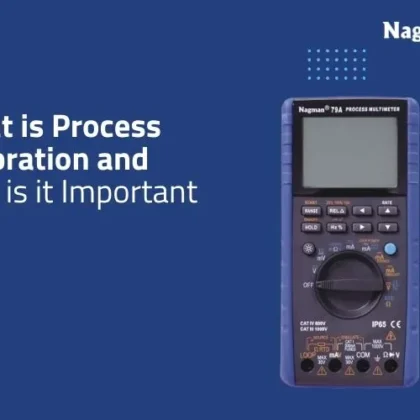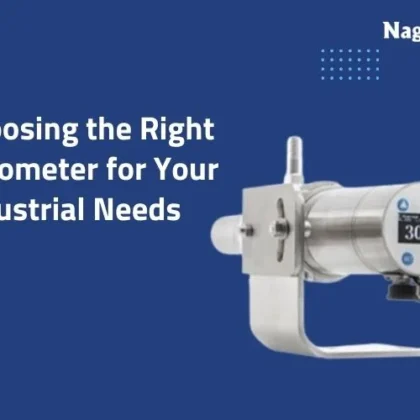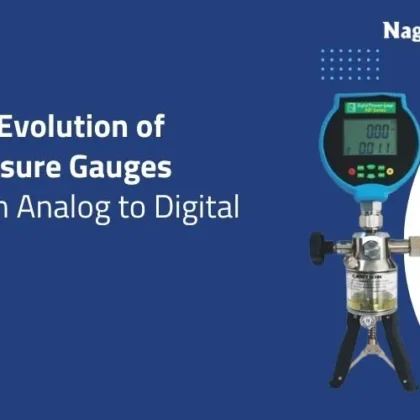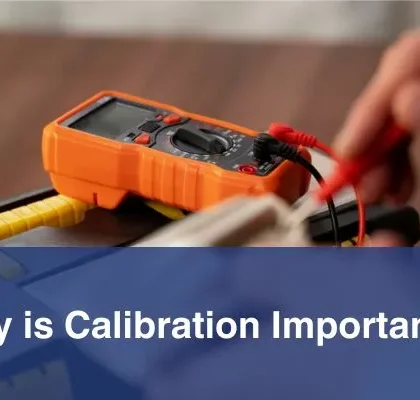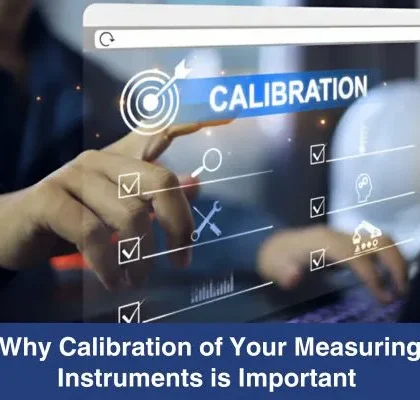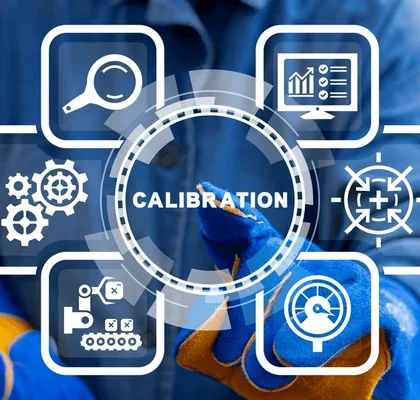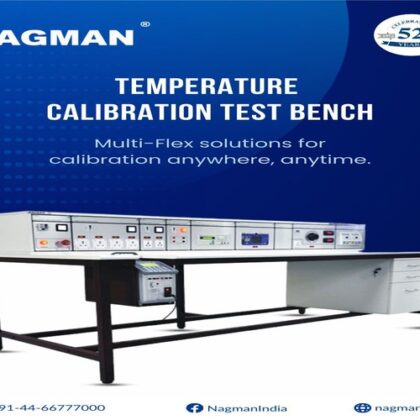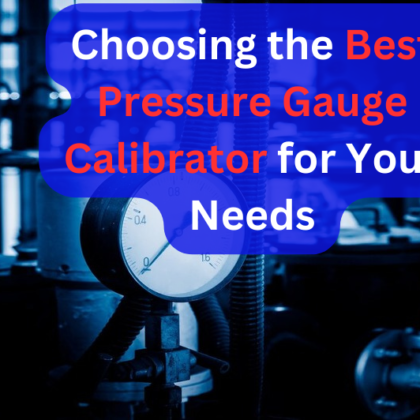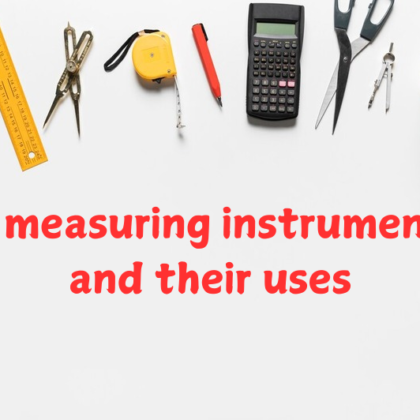Since the beginning of the industrial age, pressure gauges have been necessary instruments to measure and monitor pressure levels across different industries. The first-ever analog pressure gauge had
Why Calibration of Your Measuring Instruments is Important
Measuring and testing instruments are classically crucial in industries where precision matters, such as manufacturing, health care, and engineering. The measuring tools, from tracking pressure levels
Why a Temperature Calibration is Necessary From a Regulatory Perspective
Calibrating temperature ensures exact temperature control and is required in certain sectors. Accurate temperature readings are required to maintain product quality, safety, and compliance, especially
List of electrical and electronic measuring equipment
Different industries, including engineering, manufacturing, research, and healthcare, depend on various tools for their operations. Various test and measuring instruments are also used, requiring peri
Choosing the Best Pressure Gauge Calibrator for Your Needs
Choose a calibrator that covers your equipment’s required pressure range while offering a high degree of accuracy. The calibrator’s performance should exceed the expected accuracy of the tested instrument.
10 measuring instruments and their uses
These testing & measuring tools ensure accuracy and precision.
This blog explores the uses and industrial applications of ten commonly used test and measurement tools.



